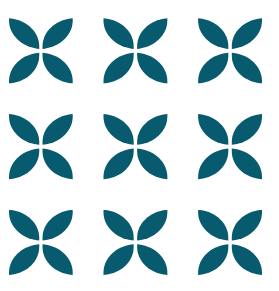See if you qualify to enroll in health coverage now. The application is available daily from 6 a.m. to 11 p.m.
See if you qualify to enroll in health coverage now. The application is available daily from 6 a.m. to 11 p.m.
See if you qualify to enroll in health coverage now. The application is available daily from 6 a.m. to 11 p.m.
See if you qualify to enroll in health coverage now. The application is available daily from 6 a.m. to 11 p.m.




A type of health plan with specific cost-sharing rules on how they cover benefits. For the most part, except for zero-cost preventive care and prescription drugs, HSA-eligible plans have cost-sharing that begins paying for care only after you have met your deductible. Also, all HSA-eligible plans must have a deductible high enough to be considered a High-Deductible Health Plan (HDHP). Because of these costs, HSA-eligible plans have some of the lowest premiums on Maryland Health Connection. An advantage of enrolling in an HSA-eligible plan is the ability to open a Health Savings Account from an HSA-sponsoring entity (many banks, and other financial entities offer HSA services) and begin saving money tax-free to spend on certain health-related products (like eyeglasses) and services (like doctor visits).
HSA funds cannot be used to pay for premiums. In addition, money that you deposit into your HSA can be deducted on your taxes. Also, when you open an HSA, it can stay with you for life, even if you later receive coverage through an employer or are covered with a non-HSA eligible plan. The IRS has established rules on managing your HSA funds when you are not enrolled in an HSA-eligible plan.
